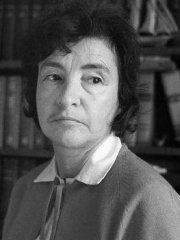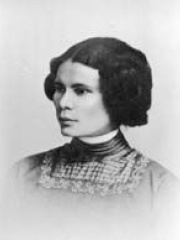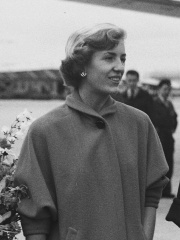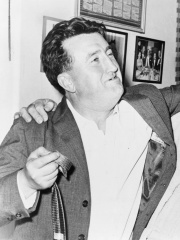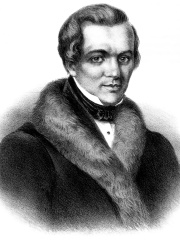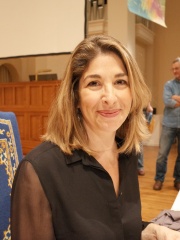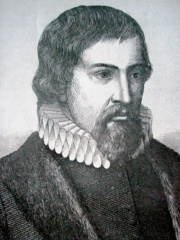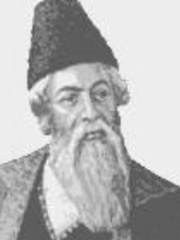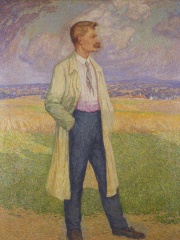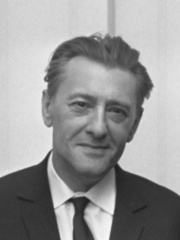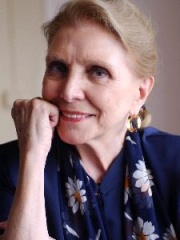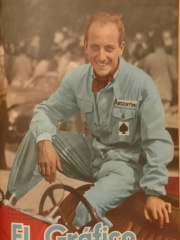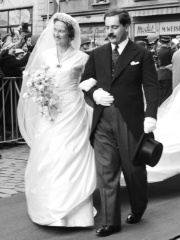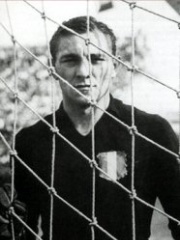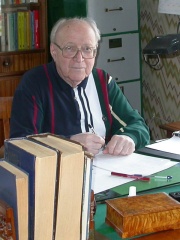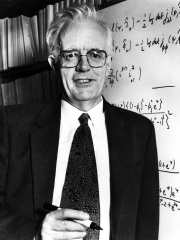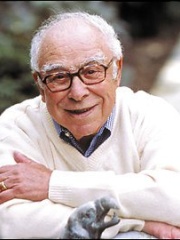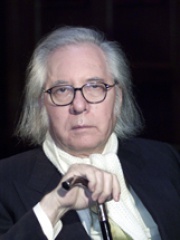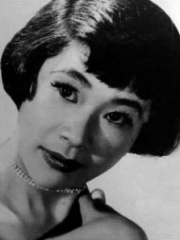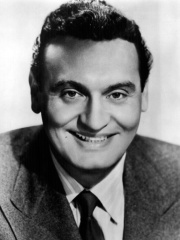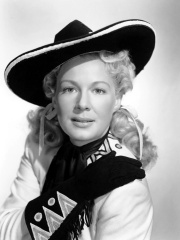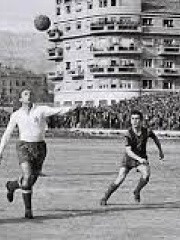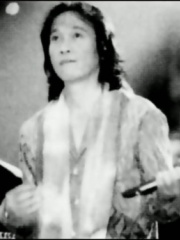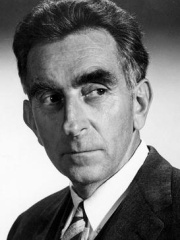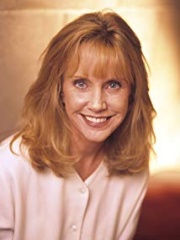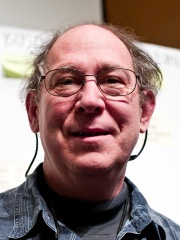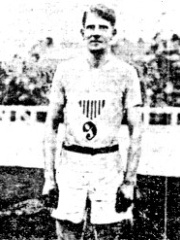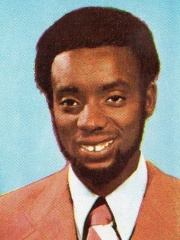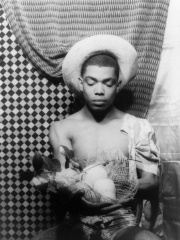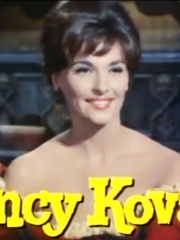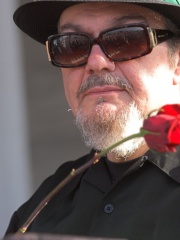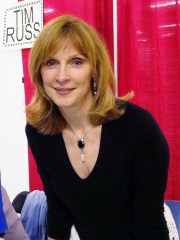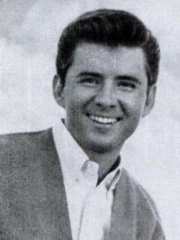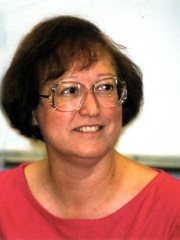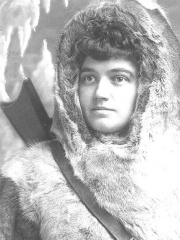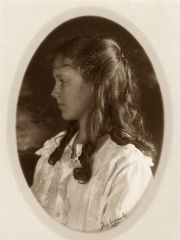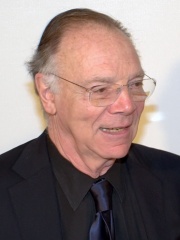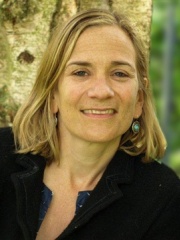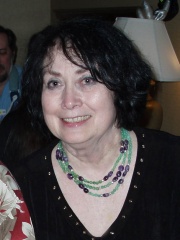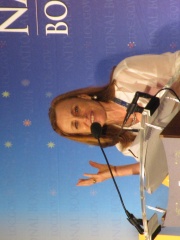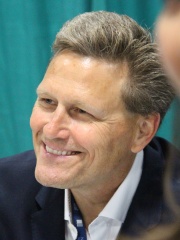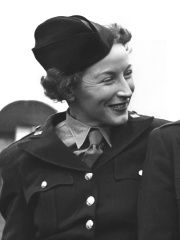Writer
Lloyd Alexander
1924 - 2007
EN.WIKIPEDIA PAGE VIEWS (PV)
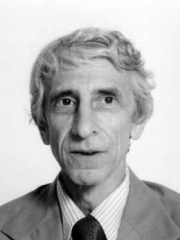
 Lloyd Alexander
Lloyd Alexander
His biography is available in 27 different languages on Wikipedia (up from 26 in 2024). Lloyd Alexander is the 4,458th most popular writer (down from 4,011th in 2024), the 6,644th most popular biography from United States (down from 5,244th in 2019) and the 502nd most popular American Writer.
Memorability Metrics
Page views of Lloyd Alexander by language
Among Writers
Among writers, Lloyd Alexander ranks 4,458 out of 7,302. Before him are Margarita Aliger, Alaiza Pashkevich, Diane Disney Miller, Brendan Behan, Aleksey Koltsov, and Naomi Klein. After him are Oppian, Jan Blahoslav, Molla Vali Vidadi, Stijn Streuvels, Gervase of Tilbury, and Louis Paul Boon.
Most Popular Writers in Wikipedia
Go to all RankingsMargarita Aliger
1915 - 1992
HPI: 56.92
Rank: 4,452
Alaiza Pashkevich
1876 - 1916
HPI: 56.92
Rank: 4,453
Diane Disney Miller
1933 - 2013
HPI: 56.92
Rank: 4,454
Brendan Behan
1923 - 1964
HPI: 56.91
Rank: 4,455
Aleksey Koltsov
1809 - 1842
HPI: 56.91
Rank: 4,456
Naomi Klein
1970 - Present
HPI: 56.91
Rank: 4,457
Lloyd Alexander
1924 - 2007
HPI: 56.90
Rank: 4,458
Oppian
101 - Present
HPI: 56.90
Rank: 4,459
Jan Blahoslav
1523 - 1571
HPI: 56.90
Rank: 4,460
Molla Vali Vidadi
1709 - 1809
HPI: 56.90
Rank: 4,461
Stijn Streuvels
1871 - 1969
HPI: 56.89
Rank: 4,462
Gervase of Tilbury
1155 - 1234
HPI: 56.89
Rank: 4,463
Louis Paul Boon
1912 - 1979
HPI: 56.89
Rank: 4,464
Contemporaries
Among people born in 1924, Lloyd Alexander ranks 319. Before him are Robert Körner, María Dolores Pradera, Oldřich Lipský, Roberto Mieres, Princess Marie Adelaide of Luxembourg, and Alexander Esenin-Volpin. After him are Valerio Bacigalupo, Eugene Dynkin, Boris Markov, Pablo Birger, David Cox, and Frank Havens. Among people deceased in 2007, Lloyd Alexander ranks 246. Before him are Art Buchwald, Antonio Puerta, Rosalio José Castillo Lara, Francisco Umbral, Princess Marie Adelaide of Luxembourg, and Miyoshi Umeki. After him are Frankie Laine, Betty Hutton, Nicolae Dobrin, Frane Matošić, Dumitru Pârvulescu, and Chrisye.
Others Born in 1924
Go to all RankingsRobert Körner
SOCCER PLAYER
1924 - 1989
HPI: 57.08
Rank: 313
María Dolores Pradera
SINGER
1924 - 2018
HPI: 57.07
Rank: 314
Oldřich Lipský
FILM DIRECTOR
1924 - 1986
HPI: 57.02
Rank: 315
Roberto Mieres
RACING DRIVER
1924 - 2012
HPI: 57.00
Rank: 316
Princess Marie Adelaide of Luxembourg
NOBLEMAN
1924 - 2007
HPI: 56.96
Rank: 317
Alexander Esenin-Volpin
MATHEMATICIAN
1924 - 2016
HPI: 56.92
Rank: 318
Lloyd Alexander
WRITER
1924 - 2007
HPI: 56.90
Rank: 319
Valerio Bacigalupo
SOCCER PLAYER
1924 - 1949
HPI: 56.88
Rank: 320
Eugene Dynkin
MATHEMATICIAN
1924 - 2014
HPI: 56.87
Rank: 321
Boris Markov
ACTOR
1924 - 1977
HPI: 56.81
Rank: 322
Pablo Birger
RACING DRIVER
1924 - 1966
HPI: 56.79
Rank: 323
David Cox
MATHEMATICIAN
1924 - 2022
HPI: 56.75
Rank: 324
Frank Havens
ATHLETE
1924 - 2018
HPI: 56.68
Rank: 325
Others Deceased in 2007
Go to all RankingsArt Buchwald
WRITER
1925 - 2007
HPI: 57.26
Rank: 240
Antonio Puerta
SOCCER PLAYER
1984 - 2007
HPI: 57.24
Rank: 241
Rosalio José Castillo Lara
RELIGIOUS FIGURE
1922 - 2007
HPI: 57.15
Rank: 242
Francisco Umbral
WRITER
1932 - 2007
HPI: 57.11
Rank: 243
Princess Marie Adelaide of Luxembourg
NOBLEMAN
1924 - 2007
HPI: 56.96
Rank: 244
Miyoshi Umeki
ACTOR
1929 - 2007
HPI: 56.95
Rank: 245
Lloyd Alexander
WRITER
1924 - 2007
HPI: 56.90
Rank: 246
Frankie Laine
MUSICIAN
1913 - 2007
HPI: 56.89
Rank: 247
Betty Hutton
ACTOR
1921 - 2007
HPI: 56.89
Rank: 248
Nicolae Dobrin
SOCCER PLAYER
1947 - 2007
HPI: 56.87
Rank: 249
Frane Matošić
SOCCER PLAYER
1918 - 2007
HPI: 56.87
Rank: 250
Dumitru Pârvulescu
ATHLETE
1933 - 2007
HPI: 56.84
Rank: 251
Chrisye
MUSICIAN
1949 - 2007
HPI: 56.71
Rank: 252
In United States
Among people born in United States, Lloyd Alexander ranks 6,645 out of NaN. Before him are Frederick Moloney (1882), Jeff Corey (1914), Mary Ellen Trainor (1952), Stephen Schneider (1945), Charles Bacon (1885), and Arnie Robinson (1948). After him are Alvin Ailey (1931), Nancy Kovack (1935), Clarence Clark (1859), Dr. John (1941), Gates McFadden (1949), and Johnny Tillotson (1938).
Others born in United States
Go to all RankingsFrederick Moloney
ATHLETE
1882 - 1941
HPI: 56.91
Rank: 6,639
Jeff Corey
ACTOR
1914 - 2002
HPI: 56.91
Rank: 6,640
Mary Ellen Trainor
ACTOR
1952 - 2015
HPI: 56.91
Rank: 6,641
Stephen Schneider
BIOLOGIST
1945 - 2010
HPI: 56.91
Rank: 6,642
Charles Bacon
ATHLETE
1885 - 1968
HPI: 56.91
Rank: 6,643
Arnie Robinson
ATHLETE
1948 - 2020
HPI: 56.91
Rank: 6,644
Lloyd Alexander
WRITER
1924 - 2007
HPI: 56.90
Rank: 6,645
Alvin Ailey
DANCER
1931 - 1989
HPI: 56.90
Rank: 6,646
Nancy Kovack
ACTOR
1935 - Present
HPI: 56.90
Rank: 6,647
Clarence Clark
TENNIS PLAYER
1859 - 1937
HPI: 56.90
Rank: 6,648
Dr. John
SINGER
1941 - 2019
HPI: 56.89
Rank: 6,649
Gates McFadden
ACTOR
1949 - Present
HPI: 56.89
Rank: 6,650
Johnny Tillotson
SINGER
1938 - 2025
HPI: 56.89
Rank: 6,651
Among Writers In United States
Among writers born in United States, Lloyd Alexander ranks 502. Before him are Connie Willis (1945), Kathy Acker (1947), Josephine Diebitsch Peary (1863), Anne Morrow Lindbergh (1906), Nicholas Pileggi (1933), and Diane Disney Miller (1933). After him are Tracy Chevalier (1962), C. J. Cherryh (1942), David Mamet (1947), Mona Simpson (1957), David Baldacci (1960), and Mary Welsh Hemingway (1908).
Connie Willis
1945 - Present
HPI: 56.98
Rank: 496
Kathy Acker
1947 - 1997
HPI: 56.95
Rank: 497
Josephine Diebitsch Peary
1863 - 1955
HPI: 56.95
Rank: 498
Anne Morrow Lindbergh
1906 - 2001
HPI: 56.94
Rank: 499
Nicholas Pileggi
1933 - Present
HPI: 56.93
Rank: 500
Diane Disney Miller
1933 - 2013
HPI: 56.92
Rank: 501
Lloyd Alexander
1924 - 2007
HPI: 56.90
Rank: 502
Tracy Chevalier
1962 - Present
HPI: 56.85
Rank: 503
C. J. Cherryh
1942 - Present
HPI: 56.85
Rank: 504
David Mamet
1947 - Present
HPI: 56.84
Rank: 505
Mona Simpson
1957 - Present
HPI: 56.83
Rank: 506
David Baldacci
1960 - Present
HPI: 56.81
Rank: 507
Mary Welsh Hemingway
1908 - 1986
HPI: 56.80
Rank: 508
